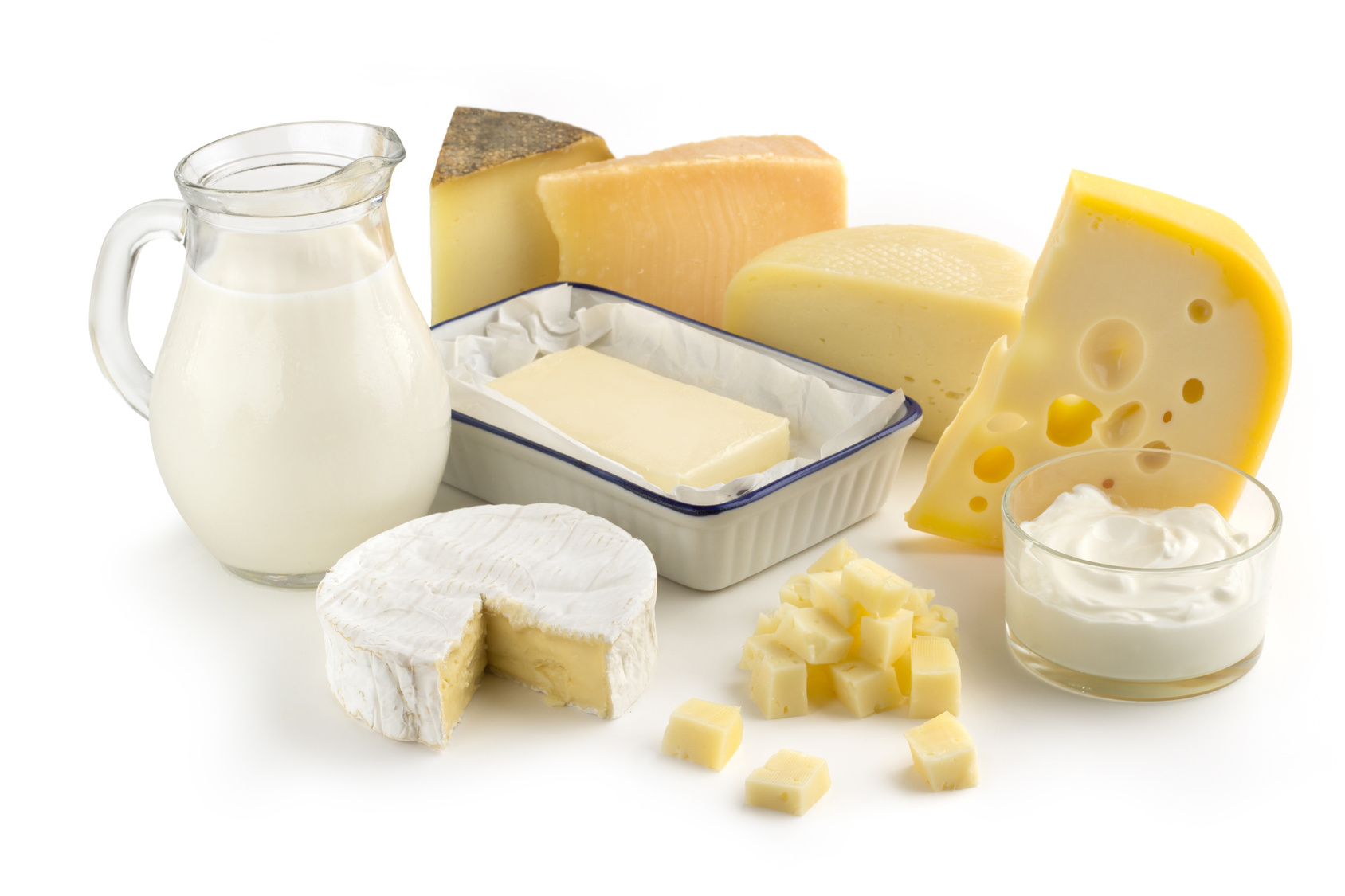Good nutrition is essential for maintaining good health, including bone health. Many know that it’s important to eat calcium-rich foods for stronger bones, but what many don’t know is that it’s important to pair these foods with ones that are rich in vitamin D, as vitamin D helps your bones to absorb calcium.
Below is a quick look at calcium-rich foods as well as foods containing vitamin D that you can pair them with. No matter which foods you choose to favor in your diet, be sure to get about 1,000 mg of calcium per day—as recommended by the Institute of Medicine.
Calcium-rich Foods
Milk, Yogurt, and Cheese
These dairy products are widely celebrated standards for getting a calcium-rich fix. One large glass of milk plus one slice of cheese and a cup of yogurt will give almost as much calcium that is recommended for daily intake. Be sure, however, to branch out beyond the dairy category when aiming to get enough calcium in your diet.
Dark Leafy Greens
Take note that not all leafy greens are created equal. Opt for dark greens like kale and spinach for about 100 mg of calcium per cooked cup. Collard greens and spinach provide an especially large boost at upwards of 250 mg of calcium per cooked cup, according to the USDA National Nutrient Database.
Soybean Products
This includes soymilk, tofu, and edamame. In the case of soymilk and tofu, just make sure to check the label before buying to ensure you are getting a variety that is fortified with calcium. According to the USDA National Nutrient Database, calcium-enriched varieties of soymilk will contain over 300 mg of calcium per cup, while firm varieties of tofu made with calcium sulfate will contain over 250 mg of calcium per ½ cup. Meanwhile, one cup of edamame beans contains about 100 mg of calcium.
Fortified Cereals
Many breakfast cereals are fortified with vitamins and minerals like calcium and may contain up to 2000 mg per every 200-calorie serving.
Vitamin D-rich Foods
Fatty Fish
Salmon in particular is rare in that just 3 ounces will provide over 100 percent of the necessary daily intake of vitamin D. Tuna is another great source of vitamin D, but still 3 ounces of tuna contains about 40 percent, which pales when compared with the vitamin D content in salmon.
Fortified Dairy Products
According to the National Institutes of Health, almost all milk available for purchase in the US has been fortified with vitamin D so that one cup will provide about a third of the recommended daily intake. Yogurt is also commonly fortified, with six ounces providing about 20 percent of the recommended daily intake.

